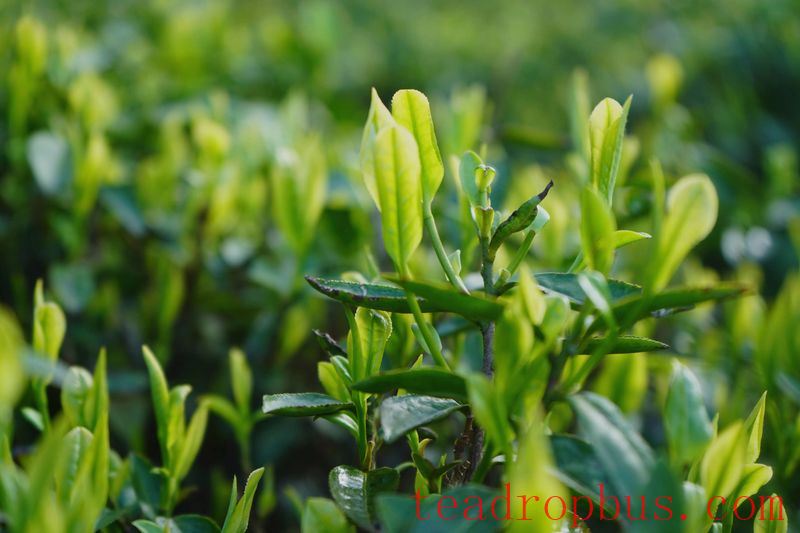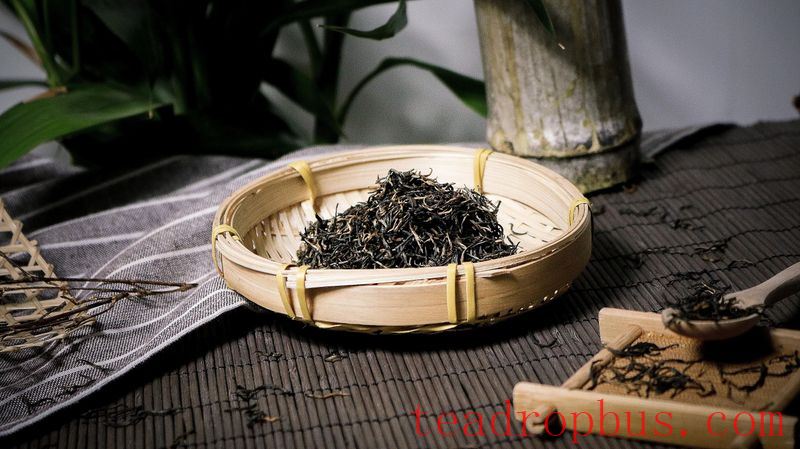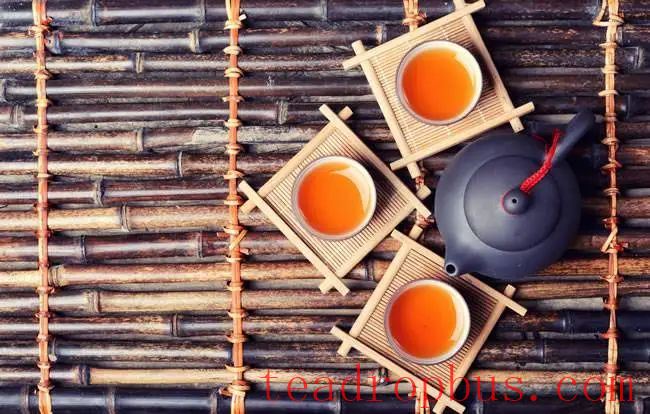The prominent secondary metabolic activity of the Tea plant endows tea with a wealth of active substances, which is an important reason for the multiple physiological activities of tea leaves. With the development of society and the advancement of science and technology, the rich Health benefits of tea and their mechanisms of action are continuously being discovered. Among these, the antidepressant effects and mechanisms of tea have become a significant research focus.

Traditional antidepressants have limited effectiveness and can also cause side effects, such as adverse reactions to the central nervous system from tricyclic antidepressants and dry mouth caused by imipramine. Complementary medicine is a recognized intervention measure, and the application of tea in complementary medicine has been increasingly substantiated by research.
The main active substances in tea (such as L-Theanine, epigallocatechin gallate, epicatechin-3-gallate, epicatechin, and gallocatechin) possess antidepressant, anti-neurodegenerative (e.g., anti-Parkinson's and anti-Alzheimer's), and neuroprotective properties. Studies have shown that Drinking Tea can alleviate anxiety, soothe nerves, and promote mental health.
Currently, in studies on the antidepressant and stress-relieving effects of tea, the most researched substances are theanine, Caffeine, epigallocatechin-3-gallate (EGCG), and theaflavins.

EGCG is an important polyphenolic compound that promotes relief from anxiety and depressive moods. Studies have shown that EGCG alleviates learning and memory defects caused by single prolonged stress stimulation in rats' brains by inhibiting neuroinflammation, and reverses functional disorders and molecular alternations related to trauma-induced stress and learning and memory behaviors. Therefore, it is considered to be a potentially effective chemical for treating post-traumatic stress disorder.
The component L-theanine in tea has preventive and therapeutic effects on depression induced by chronic unpredictable mild stress (CUMS), increasing the concentration of monoamine neurotransmitters in the brain and regulating the secretion of corresponding hormones along the axis. It also helps clear free radicals in the body to some extent, thereby regulating the discomfort symptoms of the depressed body through multiple channels and achieving an antidepressant effect. Research has found that L-theanine helps improve depression-like behaviors in CUMS model rats, repair damage and functional abnormalities in the hippocampus and intestines, and its mechanism of antidepressant action may lie in its regulation of the “gut-brain axis.”
The joint intervention of L-theanine and γ-aminobutyric acid (GABA) has a certain improvement effect on depression induced by CUMS, with a more pronounced effect at higher doses. Additionally, studies have shown that the sleep-improving mechanism of L-theanine differs from traditional hypnotics; it aims to promote relaxation and improve sleep quality rather than induce sedation, without causing drowsiness.

Theaflavin compounds are a general term for a class of compounds with a benzopyranone structure. Studies have shown that they possess various health benefits, including antihypertensive, antioxidant, antitumor, and anti-inflammatory effects. Research has found that theaflavin-3-gallate, when administered to mice, significantly reduces immobility time in both the forced swimming test and tail suspension test, demonstrating a significant antidepressant effect.
Matrine has a similar structure to caffeine but lacks its stimulant properties. Matrine shows certain pharmacological activity in six mouse models of depression, including the tail suspension test, forced swim test, and spontaneous activity, possibly due to its effects on monoamine neurotransmitters in mice.
If there is any infringement, please contact us for deletion.